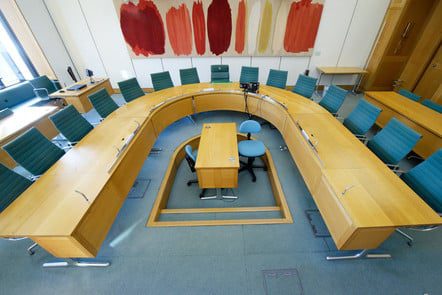Written evidence submitted to the International Development Committee to the Inquiry:
“Promoting dialogue and preventing atrocities: the UK government approach”

Violent conflicts have increased by two-thirds globally in recent decades, a trend that will likely accelerate in the coming years.
The International Development Committee (IDC) is starting an inquiry into the effectiveness of the UK government’s approach to atrocity prevention within and outside conflicts, including its work in promoting dialogue and reconciliation between communities.
Internews Europe answered the IDC’s call for written evidence on the government’s approach to atrocity prevention in general. This evidence was accepted and published on the Parliament’s website on February 2nd, 2022.
The aim of this inquiry is to consider the effectiveness of the UK Government’s approach to atrocity prevention, including the Government’s work in promoting dialogue and reconciliation between communities. This inquiry will use the situation in Bosnia and Herzegovina as a case study, looking at the past and to the future.
“We have witnessed the way that media and information is instrumentalised to fuel conflict and polarisation, but know that it can also play a key role in addressing the root causes of conflict.”
Internews Europe
One thing is clear: any strategy which seeks to use peaceful means to prevent atrocities or promote dialogue must center media.
Bosnia and Herzegovina (BiH) as a case study
The inquiry will use Bosnia and Herzegovina as a case study, looking to the past and at the future. Atrocities took place there in the early 1990s, during the breakup of the former Yugoslavia. Although a peace agreement was signed in 1995, there is a continuing emphasis on ethnicity in the political life of the country and, recently, tensions between ethnic groups have been rising.
“Western Balkans today, independent media still struggle to compete against political capture, and the media landscape is flooded with divisive tabloids and disinformation.”
Internews Europe
With US Government assistance, Internews has delivered sustained support to eleven key media partners in the BiH region selected for their commitment to independent, balanced reporting. These partners have increased their aggregate audience reach by 65% and advertising revenue by 1,000% since we first started supporting them in 2018.
This approach in the media sector must also be applied to countering any potential malign foreign influence in BiH. These include allegedly politically motivated acquisitions and take-overs of influential BiH media outlets